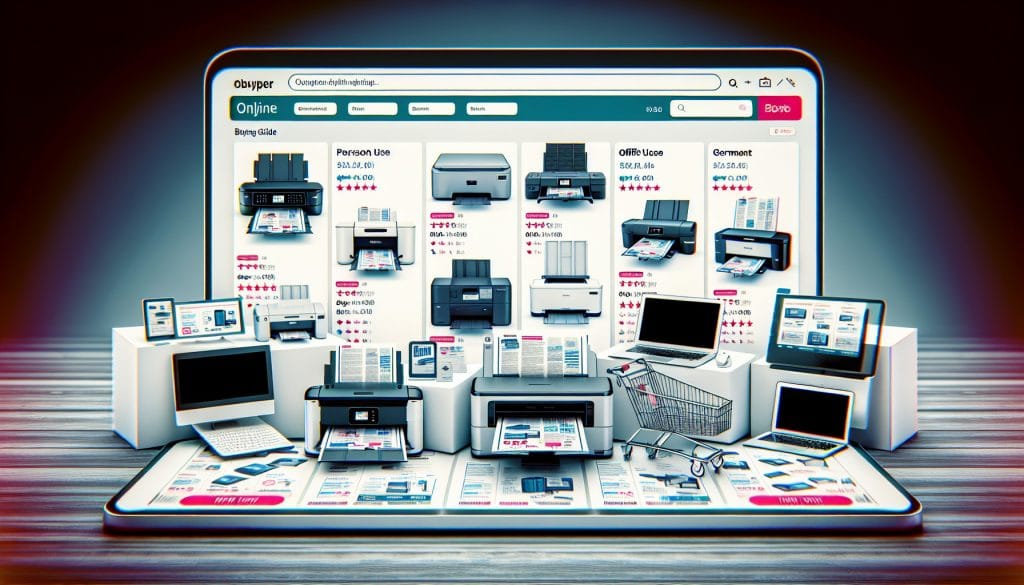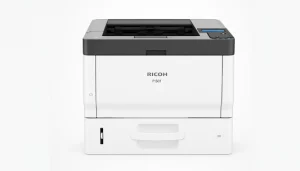Digital record management in Baden-Württemberg: Increased efficiency through innovative DMS system in Stuttgart
In today’s digital era, efficient Document management increasingly important. In Baden-Württemberg in particular, many companies and administrations are in the process of optimizing their processes by integrating digital document management systems (DMS). The use of a modern DMS is not only a question of efficiency, but also of competitiveness. In this context, the focus is on Stuttgart, the state capital, where innovative approaches to digital file management are being pursued.
What is digital document management?
Digital document management refers to the management of digital documents using special software solutions. These systems enable the capture, storage, organization and retrieval of documents in a central database. The ability to manage documents effectively leads to significant increases in efficiency and a reduction in paper consumption. The key functions of a DMS include:
- document capture and import
- categorization and keywording
- Secure storage and access control
- search functions and filter options
- versioning and change tracking
Implementing a DMS in companies can reduce document processing time by up to 40% on average.
Advantages of a DMS system in Stuttgart
The city of Stuttgart offers a variety of advantages that motivate companies and administrations to switch to digital filing. The advantages of digital document management bw are diverse:
- Cost savings: The reduction of paper consumption and archiving costs.
- Access and mobility: Access documents from different devices and locations.
- Sustainability: Environmental protection through less paper consumption.
- Workplace efficiency: Faster access to information improves productivity.
At a time when sustainability and efficiency are key concerns for companies, digital record keeping is becoming increasingly relevant in Baden-Württemberg.
Real-World Examples of Digital Transformation
An outstanding example of the use of DMS in Stuttgart is the city administration itself. A comprehensive DMS system was introduced here that not only made citizen services more efficient, but also optimized internal processes. According to a study by the Foundation for Modernizing Administration, this implementation reduced the processing time for applications by an average of 30%, which increased both citizen satisfaction and employee efficiency.
implementation of a DMS system
The successful introduction of a digital document management system requires careful planning and implementation. The following steps must be observed:
1. Needs analysis
Before selecting a DMS system, the company's specific requirements should be identified. These include:
- The amount of documents to be managed
- The required functions (e.g. search functions, access rights)
- integration into existing systems
2. Selection of the DMS provider
There are numerous providers on the market. When making your selection, you should pay attention to the following criteria:
- user-friendliness
- support and training offers
- data security and compliance


3. Migration and training
Migrating existing documents to the new system is a critical step. At the same time, training for employees is essential to ensure high acceptance and use of the DMS.
technologies and tools
Modern DMS systems use a variety of technologies to improve the user experience and increase efficiency. These include:
- Cloud solutions: They enable access from anywhere and facilitate collaboration.
- Optical Character Recognition (OCR): Converts scanned documents into searchable text files.
- Automation: Workflow management that automates routine tasks and saves time.
An example of great hardware that can be used as part of a modern DMS is the Ricoh SP 1425 Scanner. This scanner offers high speed and quality, which significantly speeds up document processing.
Data Security in Digital Document Management
A key concern when introducing a DMS is ensuring data security. The most important aspects include:
- Access control: Only authorized users should have access to sensitive information.
- Encryption: Sensitive data should be encrypted both in transit and at rest.
- Backups: Regular data backups are crucial to avoid data loss.
Compliance with guidelines such as the General Data Protection Regulation (GDPR) is essential. Companies must ensure that all document management processes meet these requirements.
Integration of DMS with other systems
Seamless integration of a DMS with existing software solutions is crucial for efficiency. The most common integrations include:
- ERP systems: Improving data availability between departments.
- Customer Management Systems (CRM): Optimize customer communication through quick access to relevant documents.
In addition, the use of a multifunction printer, such as the Ricoh IM C2010A, in combination with a DMS system, further increase efficiency. This printer can optimize on-site document capture and processing.
The Future of Document Management in Baden-Württemberg
The future of digital record management in Baden-Württemberg looks promising. With the increasing digitization and the need for more efficient processes, the implementation of DMS in companies and administrations will continue to increase. The state government has also launched initiatives to promote digital transformation processes and support companies in BW in integrating new technologies.
Current trends in digital document management
Some of the current trends shaping the future of digital document management are:
- Artificial Intelligence (AI): Optimizing document classification and search.
- Mobile solutions: Access to the DMS via mobile devices is becoming increasingly important.
- Workflow automation: Increasing efficiency through automated workflows.
The challenge for companies is to adapt to these trends and select the appropriate DMS solutions that meet their needs.
conclusion
Digital document management is an indispensable part of modern business practices in Baden-Württemberg. Stuttgart in particular is setting standards for efficiency and sustainability with innovative DMS systems. By using advanced technologies and strategically integrating them into existing processes, companies can not only increase their efficiency, but also prepare themselves for the future.














